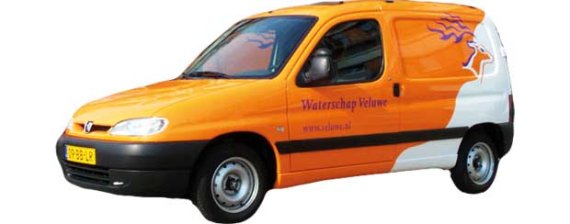In Van Laanen’s view it would be illogical to merge them with the provinces. ‘For water management the best approach is to follow the natural boundaries of a catchment area. They do not coincide with provincial boundaries.’
What is the added value of water boards actually?
‘They possess a lot of knowledge about the best ways of managing and distributing water. With the help of sluicegates and the like you can manage the water levels in the rivers and the IJsselmeer. At the national level that is done by Rijkswaterstaat [the part of the ministry of Infrastructure and Environment responsible for water systems, ed.]. The water boards have to operate in line with Rijkswaterstaat so that there is enough water available for users. Because of the years of experience, that coordination is very good. The water boards operate in a network of farmers, nature managers and municipalities, all of which have their own wishes. So they are very well-informed. Every day dozens of people are out in the field managing sluicegates, locks and so on – fine-tuning the water management. That approach is unique in the world.’
Can you not upscale the water boards? After all the Netherlands is one big delta, isn’t it?
‘A lot of water boards have already been merged over the last 20 years. I should think there used to be a hundred of them. They only managed the surface water, mainly for farming. Since then they have been merged in the interests of integrated water management, so they can carry out a wider range of tasks. Now there are 23. I am not sure where the limit lies for mergers. I would take good care to find out what the water users want, because dialogue with users is a strong point of the water boards.’
But what are the benefits?
‘The water system is a fragile one, as we saw in England with the recent serious flooding there. In the Netherlands there are very few complaints about water, because we are seldom faced with serious water shortages or floods. The water supply is largely a product of management, and that is partly thanks to the water boards.’

